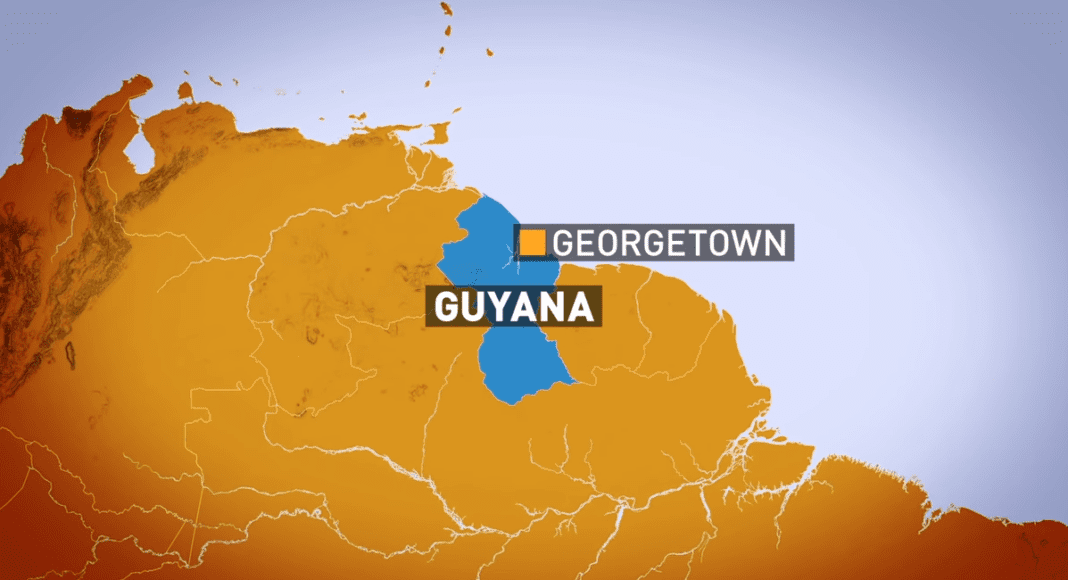On Wednesday, the United States of America announced that visa restrictions would be imposed on those individuals who, whether part of or connected to the government, indulged in continued efforts to stymie the conclusion of the 2020, General and Regional elections. In light of this announcement, many stakeholders have expressed concern about what this means for Guyana’s fledgling oil and gas sector.
Speaking to OilNOW following the announcement, former Energy Minister of Trinidad and Tobago, Kevin Ramnarine, said the sanctions on individuals signals a very dangerous development for Guyana. Ramnarine opined that the United States’ application of sanctions usually follows a gradual and incremental pattern while noting that this may well be the first wave of sanctions.
The former Minister said, “Should the US see no improvement in the situation in Guyana, the sanctions might be ramped up to include economic sanctions such as sanctions on shipping, on Guyanese individuals doing business with American companies, and on the payments of goods and services for the oil industry.”
Ramnarine said that the oil companies usually assess political risk in their overall assessment of the attractiveness of countries as investment destinations. In this regard, he said it is clear that the political risk associated with Guyana is now high and noted that this could serve as a deterrent to future investments in the oil industry.
“I am certain that what is happening in Guyana is of concern to ExxonMobil and Hess Corporation given that they are American companies,” the former energy minister said. Should the severity of sanctions escalate, Ramnarine opined that it will damage not just the new oil industry but the Guyanese economy.
Also speaking to OilNOW on Wednesday was Energy and Strategy Advisor, Anthony Paul. The fellow Trinidadian said this latest development in Guyana’s electoral saga now falls into the “political risk” category and stressed that it takes away from a country’s attractiveness.
Importantly, he said it causes a company to demand a higher premium, that is to say, bigger share of the pie. Paul said, “It won’t stop companies investing. It’ll just cost Guyana more. This is one of the reasons some countries stay poor, even when blessed with rich resources.” At the end of the day, the Energy Advisor said that good governance is paramount to the success of any oil producing nation while adding that “all public officers must be held to account.”
The Private Sector Commission (PSC) and the Guyana Manufacturing and Services Association (GMSA) on Wednesday also added their voices to the calls for a declaration to be made on the figures emanating from the national recount of votes. The PSC, which served as an observer in the elections has repeatedly called for the democratic processes to be respected. GMSA said it would like to see a swift conclusion to the political impasse and the transition to a new Government.
On Wednesday, Norway-based Rystad Energy stated in a new report that delays in project approvals for offshore development in Guyana as a result of the elections impasse could see the country losing billions of dollars and millions of barrels of oil production.
Guyana has already lost around $300 million in Net Present Value as a result of project delays, the consultancy group said.



